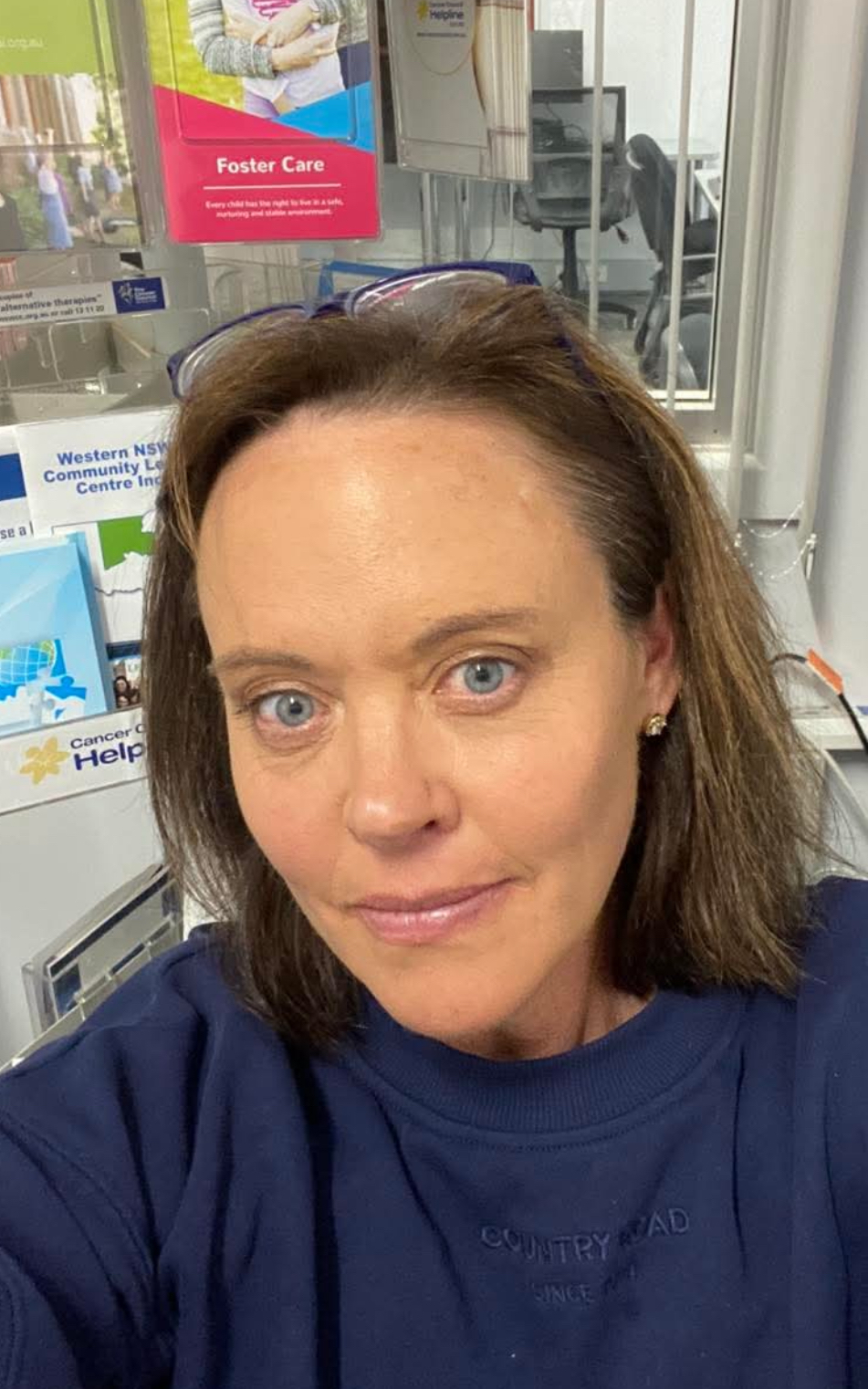AI technology impacting journalists and news integrity
Angie White
24 March 2025, 6:40 AM
 AI Technology affecting the way journalists work
AI Technology affecting the way journalists workThe Medianet 2025 Media Landscape Report has shone a light on the concerns of over 500 surveyed journalists as it explores the impact of AI and social media on trust, fragmentation and bias in the media in a rapidly changing media landscape, ahead of the Federal election.
In some rural areas, closure of local newspapers and other media outlets have left journalists feeling vulnerable, while in the cities jobs are being lost as a direct result of new technology with 88% of respondents expressing concern about the impacts that AI/LLMs (artificial intelligence/large language model) could have on the overall integrity of quality journalism.
According to the report, uncertainty about the future and changes to workload were the two other most common greatest challenges experienced by journalists in 2024.
75% of Journalists said an increase in disinformation or ‘fake news’ threatened public interest journalism, with concern about media outlet closure rising by a quarter, as journalists looked for 2nd incomes to make do.
45% of respondents view AI technology as a threat to public interest journalism and 16% said they had and knew of people who had lost work due to the adoption of generative AI/LLMs, a 33% increase in one year.
67% of respondents believe social media negatively impacts reporting by causing misinformation, rather than offering opportunities for diverse perspectives, with agreement that trust in the media has decreased due to this.

Farren Hotham, TV, Radio Producer and freelance journalist expecting big changes with AI technology - Image courtesy Binjang Radio.
Farren Hotham, TV, Radio Producer and freelance journalist based in the central west has been in the industry for over 46 years, and despite seeing many changes he is unsure what the consequences of this new technology may be.
‘’The global media landscape will change forever because of AI but nothing beats local community views and local stories which can’t really be empowered by the technology.
“Expect big changes in accounting, radio and TV voice-overs and memes for movies and documentary, we are on the verge so we can learn, use it and embrace it, " he said.
‘’Staying in the lane of local and personal news will never be lost though."
While 63% of journalists have not used AI, many expressed concerns around its effect on journalistic integrity moving forward.

Nyngan Journalist Abigail McLaughlin has seen many changes in her 26 years as a journalist - Image supplied.
Nyngan’s Abigail McLaughlin has been a journalist for 25 years and has witnessed the rapid rise of new technology.
“I've seen a significant change in newspaper journalism since I started my cadetship in 1990.
“Unfortunately, as the industry has fought to stay relevant and competitive with the fast-growing digital media, there have been many cuts to newsroom practice, and I believe this has come at a cost to the quality of the product.
“The sub-editors whose job it was to safeguard the quality of the paper by fact checking information and ensuring copy was clean and readable have unfortunately been made redundant.
“I haven't used AI to write my stories, and although I see a role for it, I hope it doesn't come at a cost to the quality of the writing.
“Fake news is a problem. Social media has given every man and his dog a platform, and not all the information being disseminated has gone through the processes which we would expect from professional media outlets,” said Mrs McLaughlin.

Medianet Managing Director, Amrita Sidhu - Image courtesy Medianet.
The Report also highlights a gender gap between income earned male to female, with city journalists earning far more than their country counterparts.
“While some journalists acknowledge the need and inevitability of these changes, the vast majority are struggling to adapt and fear what these changes might mean for them, their industry and the implications for our society,” says Medianet Managing Director, Amrita Sidhu.
“This year’s report highlights the significant pressures facing Australian journalists.
"They are grappling with issues of trust and the evolving role of technology, all while navigating a precarious media landscape."


